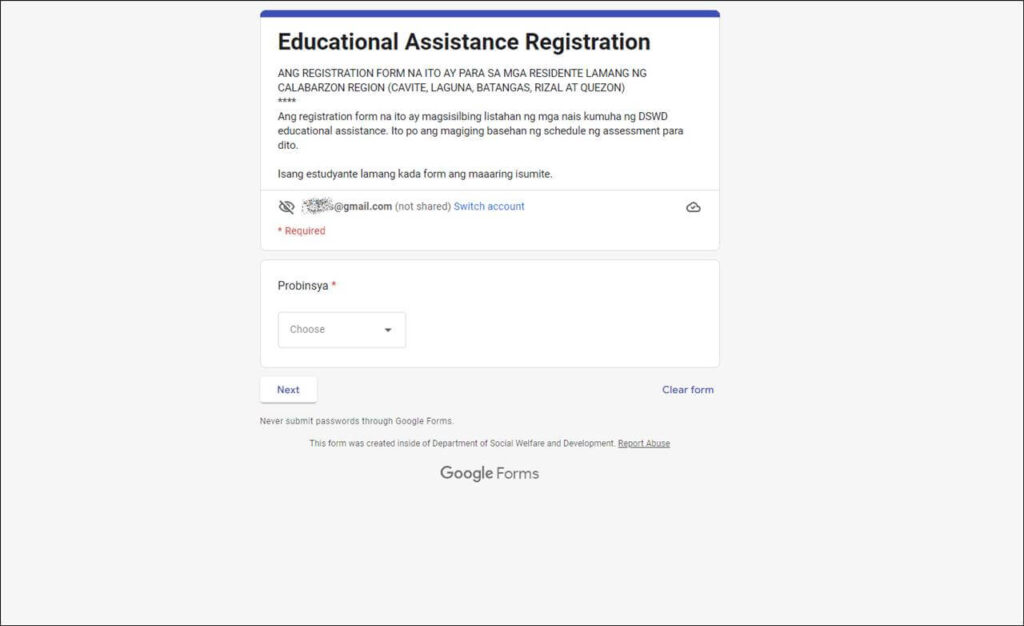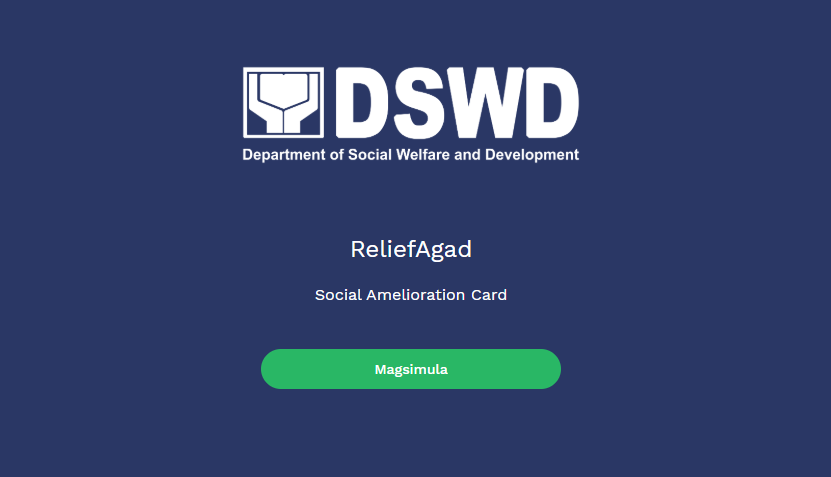

The city poverty rate remains at 32 percent - in line with other upstate cities but above the national rate. Alawsaj recalls looking at all the trees on the ride to Utica and thinking, “Oh, my God, am I living in a forest?” The mayor’s staff had to warn Somalis about the danger of using small grills in their living rooms. Somali Bantu refugees accustomed to camp life in Kenya can have a hard time getting used to upstate New York winters. “We are Utica”, said Hana Selimovic, a nursing student who was a Bosnian refugee, “the city that loves refugees.” Signs of the diversity abound, from the polyglot shop signs, to restaurants serving Asian and Bosnian dishes, to the teenagers from Myanmar and Somalia playing together at a community center.Ī large mosque is visible from the City Hall office of Mayor Robert Palmieri, who calls the refugees the “next evolution” for a city that was once known for its textile mills and was built generations ago by immigrants from Italy, Germany and Poland. It has since shepherded in 16,000 people from around the world, about 400 refugees a year, including Somalis, Bosnians, Syrians, Sudanese, and people from Myanmar.īy some estimates, refugees and other immigrants make up more than 20 percent of Utica’s population. Thousands have settled in Utica, about 170 miles north of New York City, through the Mohawk Valley Resource Center for Refugees, which grew out of efforts to bring over Vietnamese refugees in the 1970s. … Maybe this is not home, maybe I should move, or this is not my country.”

And now I’m here, and yet I’m feeling the same way.

“There’s one saying my mom used to tell me in camp in Iraq: A refugee will always be a refugee,” said 18-year-old Manal Alawsaj, a Palestinian who just became a citizen. Some also worry they will not be able to bring over family members fleeing war zones and refugee camps. The president’s order restricting refugees and travel from Muslim countries has immigrants in Utica feeling uncertain about their place here. But now, Utica is beset with new anxiety in the age of Trump. Around Utica, it’s not unusual to see tables full of Bosnians sipping strong coffee in cafes, Muslim women in hijabs shopping at grocery stores and Somalis raised in equatorial heat heading to work in the blowing snow.Īn influx of thousands of refugees from around the world over the past few decades is credited with injecting new energy and optimism into this faded post-industrial city of 62,000.


 0 kommentar(er)
0 kommentar(er)
